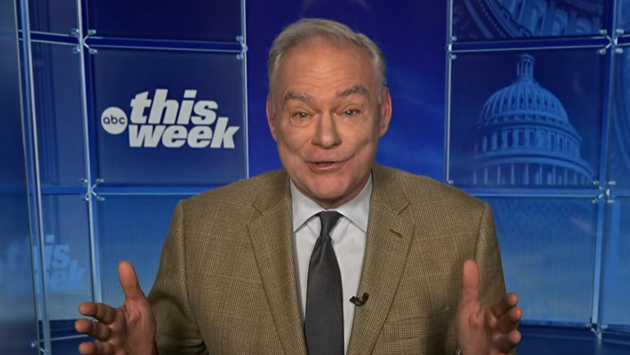How popular are legacy college admissions preferences? Harvard scrutiny prompts debate
Written by ABC Audio ALL RIGHTS RESERVED on July 27, 2023

(NEW YORK) — Harvard University’s legacy admissions policy has come under scrutiny by the U.S. Department of Education’s Office for Civil Rights, but it is not the only university to give preference to the children of alumni.
Some of the top universities in the country — including Yale University, Princeton University, Columbia University, Cornell University and Brown University — continue to use this preference in the admissions process.
An analysis from the Institute for Higher Education Policy found that 53% of selective four-year colleges consider legacy status in their admissions decisions.
A recent study found that admissions policies in some of the highly selective private colleges show preference to wealthy applicants. Children from families in the top 1% are more than twice as likely to attend an Ivy-Plus college as those from middle-class families with comparable SAT/ACT scores, according to research from Harvard University and the National Bureau of Economic Research.
Researchers found that this was due to: legacy admissions, athlete recruitment, and weighing non-academic credentials more heavily for students from affluent schools.
Several local civil rights and advocacy groups in the Boston area filed a complaint against Harvard College, arguing its policies disproportionately favor white and wealthy students. The Department of Education is now investigating Harvard College’s legacy policies following the complaint, and a Harvard representative told ABC News that the university is reviewing “aspects” of its admissions policies.
A 2019 National Bureau of Economic Research study of publicly released reports from Harvard University found that almost half of the university’s white students were recruited athletes, related to alumni, children of faculty and staff or were “of special importance to the dean of admissions.”
Less than 16% of African American, Asian American and Hispanic students at Harvard fall into these categories, according to the study.
Nearly 70% of both donor-related applicants and legacy applicants at Harvard University were white, according to one cross-university study.
From 2014 to 2019, researchers found that donor-related applicants were nearly seven times more likely to be admitted and legacy applicants were nearly six times more likely to be admitted than those who don’t fall into these categories.
However, several competitive institutions have decided to drop or phase out the practice, including Wesleyan University, Amherst College, MIT and Johns Hopkins University.
Colorado became the first state to ban the practice at public colleges and universities in 2021.
“This law makes sure just because your parent or grandparent went to one of our colleges in Colorado, that doesn’t mean that you automatically get in,” Colorado Gov. Jared Polis said at the time. “Because that could take the spot of somebody who is more worthy of that spot.”
In an interview with ABC News’ “Start Here,” Wesleyan University President Michael Roth said legacy preferences were “not really defensible.”
Roth also said he wasn’t concerned about potential financial backlash from families who may have been inclined to donate to the institution based on their legacy admissions policy.
“The richest schools in America should not be those who are defending the necessity of raising money from people who only give you money if you treat their students unfairly, as an advantage,” Roth said.
When Johns Hopkins dropped its legacy policy in 2020, the administration said the school’s mission was to act as an “engine of social mobility.”
“Increasing socioeconomic diversity has been a high priority for our admissions and financial aid programs, and ending legacy preferences is just one important step in the process of building a more socioeconomically diverse student body,” said David Phillips, vice provost for admissions and financial aid at Johns Hopkins, in a statement at the time.
Copyright © 2023, ABC Audio. All rights reserved.

 KVSP
KVSP 




